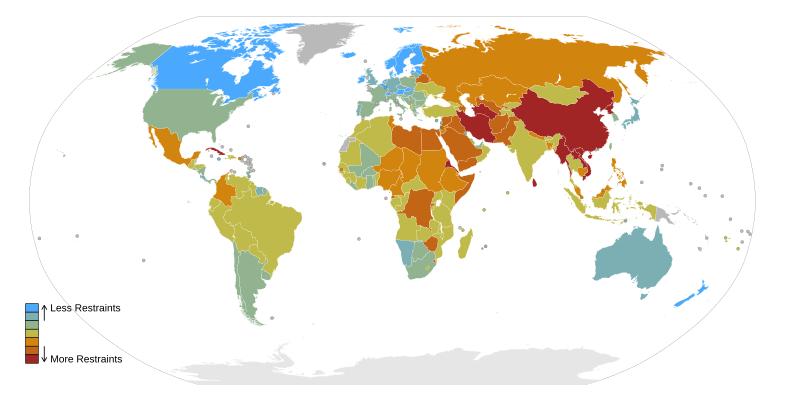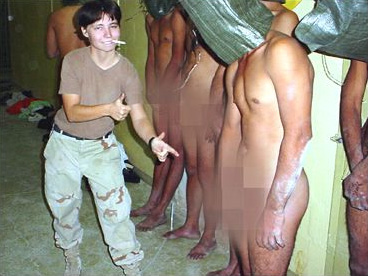Lee, I'll get to your post in a few minutes, but first I want to make my own statements.
When in conflict, the right of privacy outweighs the right to free press.
Well, first off, I am going to define the word "privacy"
dictionary.com said:
The state of being free from intrusion or disturbance in one's private life or affairs
Well, right there is a big point that no matter what, one's private life or affairs are to be respected.
Simply put, people don't need to know what is going on. Now whether we are talking about a personal conflict between you and your family, or your country as a whole.
Let's say you are a renown athlete in your country. You wake up one morning to find that your grandmother is in the hospital and may not make it. Now, with paparazzi following you all the time, you may just want to keep this to yourself. This would be an example of a personal conflict. You wouldnt want the public to know what was going on in your family, just as they wouldnt want you to know what is going on in your family. As you are still trying to cope with the fact that your grandmother may not make it, you begin to drive to the hospital to see her. As you are walking in, paparazzi spot you and ask what is going on. At a hard time like this, at a time where you are quite saddened, and unsure of what the future holds, would you really want the people at home to turn on the TV and find out what was going on, so they can ultimately just make things worse? I know I wouldnt. In a time of personal conflict, the right to privacy outweighs the right to press.
Now on to another type of conflict. A country-wide conflict. Although this may not be a good example, the US has a place called Area 51. There have most likely been numerous conflicts in the past there, because of people wanting to know what the hell was inside. However, the US over many years have been able to keep it all a secret, keeping it private. Again, the right to privacy outweighs the right to press. To be quite honest, there could be dangerous things or life-forms in there, and if it were ever to be revealed on what was inside, people would come from all over to try and see, therefore, upsetting the US's natural balance of order.
Now onto your post.
Lee said:
Conflict: Essentially war.
Free press: Not restricted or controlled by government censorship regarding politics or ideology
Privacy: the condition of being secret.
Well free press is correct, as is privacy. However, conflict shoudnt be narrowed down to JUST war. As I said before, there are many types of conflict. Most of which, do not pertain to war.
OK now that's out the way lets kick start with the obvious place to start: The US constitution, since most of the people reading this debate is American I will tailor parts towards them. So as most of you know the first amendment to the constitution is this
Congress shall make no law respecting an establishment of religion, or prohibiting the free exercise thereof; or abridging the freedom of speech, or of the press; or the right of the people peaceably to assemble, and to petition the Government for a redress of grievances.
While that may be true, I want to draw your attention to amendments IV and IX of our constitution.
Amendment IV said:
The right of the people to be secure in their persons, houses, papers, and effects, against unreasonable searches and seizures, shall not be violated, and no Warrants shall issue, but upon probable cause, supported by Oath or affirmation, and particularly describing the place to be searched, and the persons or things to be seized.
Pretty much, what it's saying is, that in conflict, a person has the right to keep what is in their homes private, unless accused of a crime. Now to amendment IX.
Amendment IX said:
The enumeration in the Constitution, of certain rights, shall not be construed to deny or disparage others retained by the people.
All that is pretty much a continuation of Amendment IV, saying that all citizens have the right of privacy protected.
So, there you have it, Two amendments in our constitution say that the American people have the right to privacy. Which further proves my point that When in conflict, the right to privacy outweighs the right to press.




